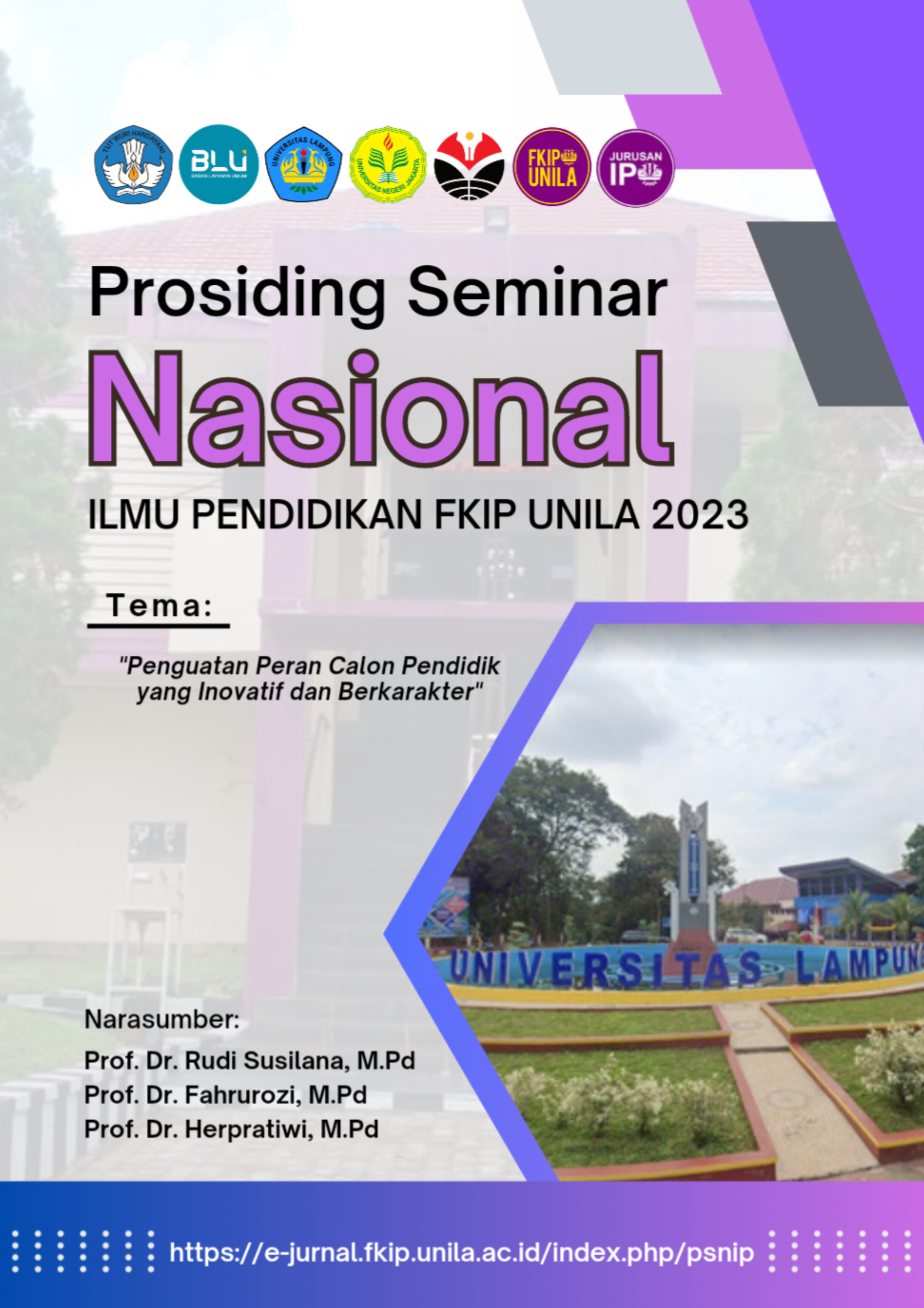The Power of Problem Design for Problem-Based Learning in Islamic Education Subjects
Keywords:
Problem Design, Problem-Based Learning, Islamic Education LearningAbstract
21st-century education emphasizes the ability to solve real-world problems. Problem-Based Learning encourages the sharpness of intelligence from within individuals, from groups, and from the environment in order to be able to solve meaningful, relevant, and contextual problems. The problems presented are often irrelevant to students' learning objectives and abilities. Educators need a new perspective to select and formulate problems that will be presented in learning, namely PAI. The purpose of this research is to identify power design problems in Problem-Based Learning in Islamic Religious Education Subjects. This research method is a literature review, namely by finding sources relevant to this research’s object. The results showed that the source of the success of Problem-Based Learning was the quality of the problem. Problems that stimulate the mobilization of initial knowledge, increase elaboration, have relevance to the real world, are integrated from various multi-disciplines, stimulate independent learning, increase students' interest in the material, and are in accordance with learning objectives are principles that need to be considered in designing problems.





